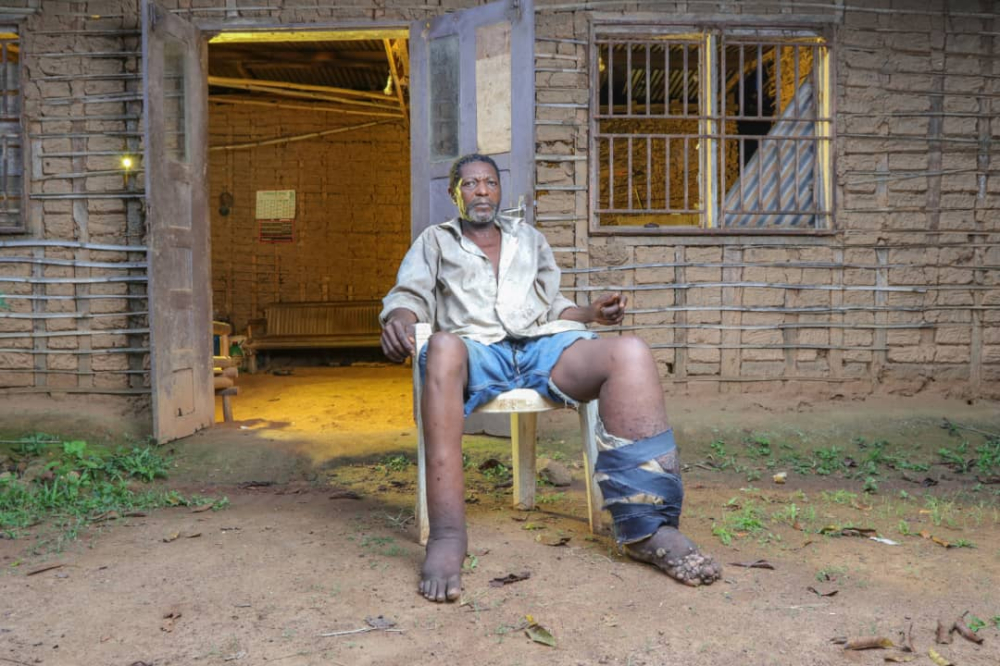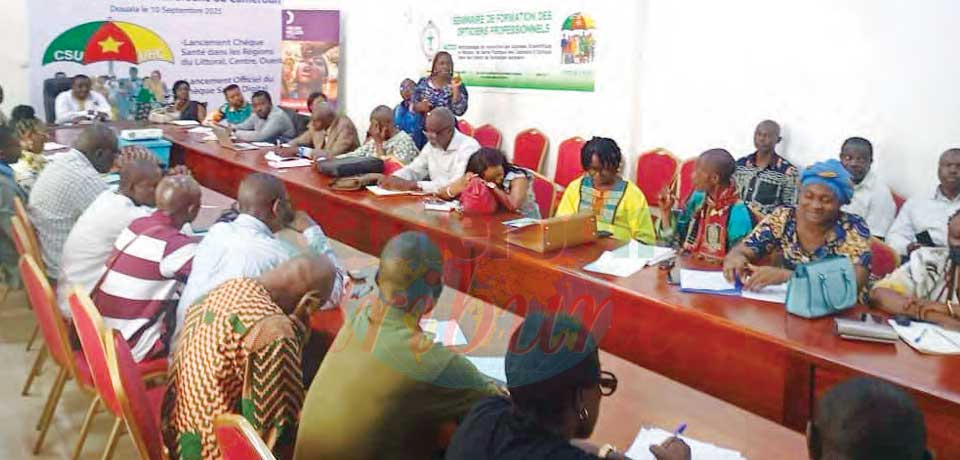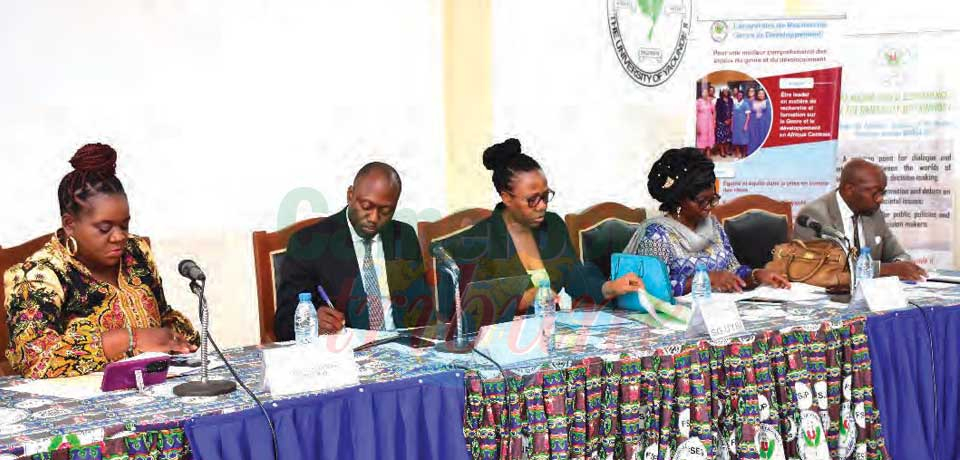Neglected Tropical Diseases: So That Cameroon’s Targets Will Be Met By 2030
- Par Kimeng Hilton
- 21 Apr 2022 15:32
- 0 Likes

The first ever symposium in the country for partners to discuss how to work together to eradicate and eliminate the diseases between 2021-2030 is holding in Yaounde.
The symposium from April 20-21, 2022 is jointly organised by the Ministry of Public Health, the Faculty of Medicine and Biomedical Sciences of the University of Yaounde I, and Helen Keller International Cameroon country office. The meeting, which is holding in the Faculty of Medicine and Biomedical Sciences, is on the theme, “Achieving health equity to end the neglect of poverty-related diseases.”
Aligning National Action Plan With WHO Roadmap
According to Dr Etienne Nnomzo’o, Officer in charge of Neglected Tropical Diseases, World Health Organisation, WHO Cameroon Country Office, Cameroon needs to align its national action plan to the WHO 2021-2030 roadmap on eliminating NTDs. And also finalise work on the NTD National Action Plan. “This document contains the strategies and goals to attain. The goals include eliminating yaws, trachoma, lymphatic filariasis, maintaining the eradication of guinea worm, and controlling other diseases,” Dr Nnomzo’o explains.
"Objectives Will Be Attained!”
Dr Nnomzo'o says Cameroon’s advantage lies in the fact that partners support it and government also allocates much money to attain objectives. “We still have 10 years to go. I believe Cameroon will be able to achieve at least 55 per cent of the objectives by 2030 - which will not be bad,” he notes. He describes universal health coverage as “the only way out” for ensuring better healthcare. “No individual is rich enough to foot their health bills. Even those who are so rich at one point will be unable to access their bank accounts, and therefore cannot get themselves treated,” he stresses.
NTDs And Poverty
Prof. Emilienne Epee, Chair of the NTD Symposium Organising Committee, recalls that Neglected Tropical Diseases are those closely associated with poverty in the tropics. “These diseases are not expensive to treat, but are so transmissible that they last long and end up being endemic,” she notes. The highpoint of the symposium is getting a clearer understanding of the WHO Roadmap on eradicating/eliminating NTDs between 2021-2030, in order for stakeholders to know what is expected from them and how they can contribute, Prof. Epee adds.
Vacuum In University Curricular
Prof. Epee says the symposium is informed by the fact that NTDs are neglected and there is no ready curricular on them in local universities. “The national fight against NTDs is supposed to go along with WHO’s roadmap and its four pillars. One of the pillars is research and appropriation. This means university lecturers, researchers, epidemiologists and clinicians are supposed to come together to define how to fig...
Cet article complet est réservé aux abonnés
Déjà abonné ? Identifiez-vous >
Accédez en illimité à Cameroon Tribune Digital à partir de 26250 FCFA
Je M'abonne1 minute suffit pour vous abonner à Cameroon Tribune Digital !
- Votre numéro spécial cameroon-tribune en version numérique
- Des encarts
- Des appels d'offres exclusives
- D'avant-première (accès 24h avant la publication)
- Des éditions consultables sur tous supports (smartphone, tablettes, PC)














Commentaires